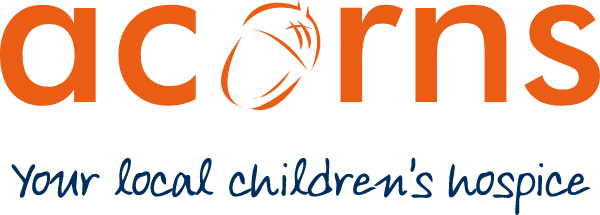At Acorns, we are here to help Kavarli and his family live life to the full. We’re by his family’s side when his health declines and times are tough. We’re also there to give mum Samantha a break when she needs it. Samantha explains:
My nephew is four weeks younger than Kavarli and I was comparing their progress. When I saw my nephew sitting up, crawling, and doing all these things that Kavarli wasn’t, I started getting concerned. I took him to the GP who said that boys can be slower to develop and not to worry. But he got to six months, seven months, eight months, and he still wasn’t doing those things. So, we were referred to a genetics clinic. I was scared because ‘genetics’ meant something wasn’t right.
I remember the day we got his diagnosis – it was the saddest day of my life. They told us Kavarli had a condition called MECP2, and that children with the condition don’t live to see three years old. I cried up until his third birthday. Every time he went into hospital, I thought, ‘is it going to be now? Is this the time?
But we’ve made it this far, this year he’ll be 13. Kavarli has had 29 admissions to hospital now for respiratory infections. He’s a real fighter.




